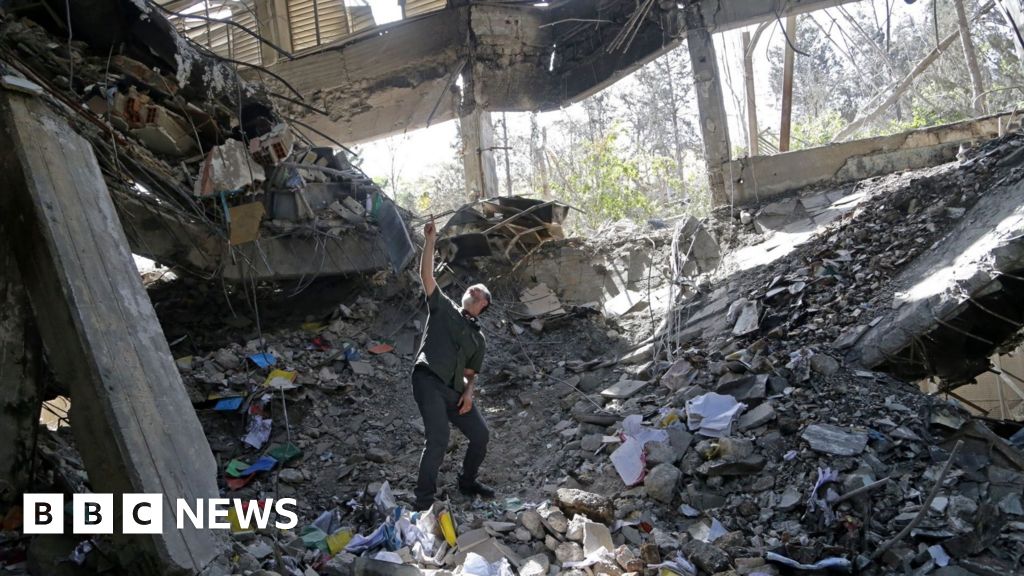The crackdown on gang violence led to the incarceration of nearly 80,000 individuals, many of whom have been arrested without substantial evidence. Recent disclosures from police officers have corroborated claims by families affected by these arrests, suggesting that neighborhood gossip and superficial indicators, such as tattoos, were utilized to justify detentions. A report from Human Rights Watch highlights the immense pressure felt by the officers to fulfill arrest quotas, particularly following the declaration of a state of emergency by Bukele in 2022.
Despite the apparent success in reducing gang violence, as claimed by Bukele, these officers acknowledged that the practice of arbitrary detentions was a significant contributor to the crime reduction narrative. The fear of being labeled gang collaborators if they did not comply with orders has led to widespread violations of due process. The issue raises critical questions about the balance between public safety and human rights in El Salvador, with many urging a reevaluation of the country's anti-gang strategy. As the state of emergency continues, the impact of these policies on civil liberties remains a pressing concern amidst a backdrop of forced security and fear.
Despite the apparent success in reducing gang violence, as claimed by Bukele, these officers acknowledged that the practice of arbitrary detentions was a significant contributor to the crime reduction narrative. The fear of being labeled gang collaborators if they did not comply with orders has led to widespread violations of due process. The issue raises critical questions about the balance between public safety and human rights in El Salvador, with many urging a reevaluation of the country's anti-gang strategy. As the state of emergency continues, the impact of these policies on civil liberties remains a pressing concern amidst a backdrop of forced security and fear.


















